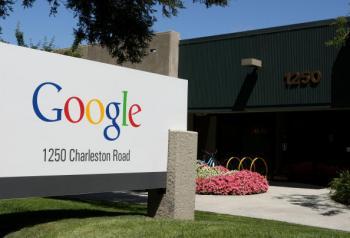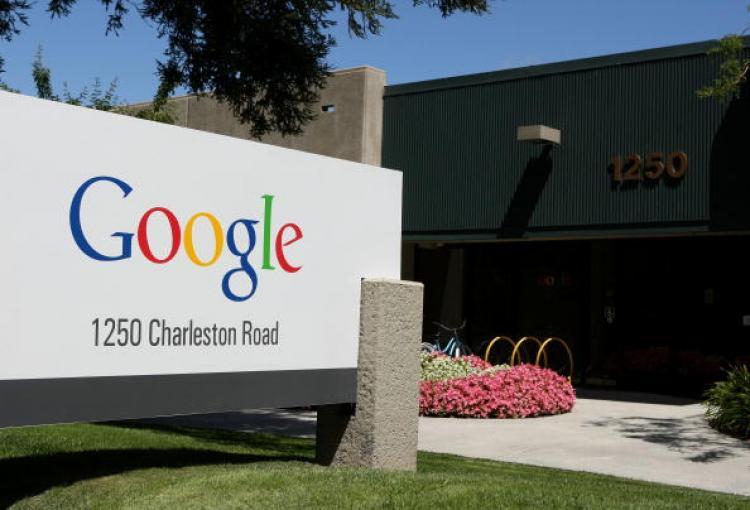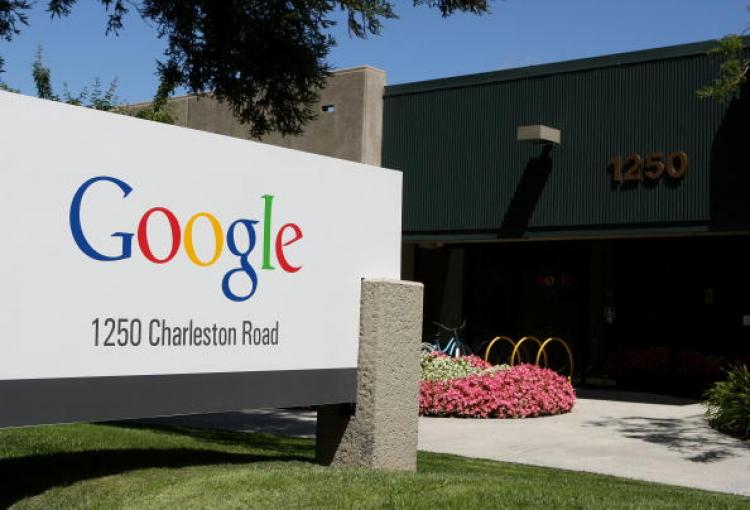Google Inc., the world’s largest Internet search company, is being sued by an ex-manager who was allegedly furloughed because he was considered too elderly.
The California Supreme Court unanimously agreed that a trial court made a mistake in disregarding a complaint by Brian Reid, who was hired in 2002 as a director of operations and engineering and fired less than two years later at the age of 54 after being told he was not a good “cultural fit.” He was apparently referred to as a “fuddy duddy” by his Mountain View colleagues, according to court filings.
Reid, who is now aged 60, was employed at Google between June 2002 and February 2004. According to court documents filed in California, Reid alleged that colleagues made “derogatory age-related remarks” to him while he worked at Google.
“Other co-workers called Reid an ‘old man,’ an ‘old guy’and an ‘old fuddy-duddy,’ told him his knowledge was ancient, joked that Reid’s CD (compact disc) jewel case office placard should be an ‘LP’ instead of a ‘CD,’” according to the court filing.
The Supreme Court’s decision upheld a state appeals court ruling that the original trial court had been wrong to dismiss the lawsuit because it did not adequately acknowledge the “stray remarks” made by Reid’s colleagues.
Subsequently such a ruling means that the case will return to the trial court.
“Brian Reid was not laid off based on his age,” said Andrew Pederson, a spokesman for Mountain View, Calif.-based Google, in a statement. “We look forward to demonstrating in court the legitimate, nondiscriminatory reasons why Mr. Reid was let go.”
Although Reid was not speaking to the press based on his legal advisors he did provide some commentary to a website interview in 2007. He provided some insight about his experience at Google.
“They do everything they can to get you to spend all of your waking hours there,” Reid said, describing the company’s work culture.
“I don’t dye my hair orange and ride a unicycle to work,” he said. “But I’m very good at what I do. I don’t consider that I was incompatible with that job.”
The pivotal issue for the Supreme Court to consider is whether to apply in California employment bias cases a federal court doctrine under which courts under normal circumstances disregard “stray remarks” in terms of nondecision-making coworkers or by supervisors outside the decisional process.
That term came into existence in a 1989 concurring opinion by U.S. Supreme Court Justice Sandra Day O’Connor.
Writing for the California Supreme Court, Justice Ming Chin admitted that “stray remarks” are controversial when it comes to the legal context, so it is important to evaluate the instance in the context of the facts of the case rather than independently.
In Reid’s circumstance and weighing up the statistical evidence of bias at Google, and changing rationales for Reid’s dismissal after a performance review it appears it “consistently met expectations.”
The California Supreme Court unanimously agreed that a trial court made a mistake in disregarding a complaint by Brian Reid, who was hired in 2002 as a director of operations and engineering and fired less than two years later at the age of 54 after being told he was not a good “cultural fit.” He was apparently referred to as a “fuddy duddy” by his Mountain View colleagues, according to court filings.
Reid, who is now aged 60, was employed at Google between June 2002 and February 2004. According to court documents filed in California, Reid alleged that colleagues made “derogatory age-related remarks” to him while he worked at Google.
“Other co-workers called Reid an ‘old man,’ an ‘old guy’and an ‘old fuddy-duddy,’ told him his knowledge was ancient, joked that Reid’s CD (compact disc) jewel case office placard should be an ‘LP’ instead of a ‘CD,’” according to the court filing.
The Supreme Court’s decision upheld a state appeals court ruling that the original trial court had been wrong to dismiss the lawsuit because it did not adequately acknowledge the “stray remarks” made by Reid’s colleagues.
Subsequently such a ruling means that the case will return to the trial court.
“Brian Reid was not laid off based on his age,” said Andrew Pederson, a spokesman for Mountain View, Calif.-based Google, in a statement. “We look forward to demonstrating in court the legitimate, nondiscriminatory reasons why Mr. Reid was let go.”
Although Reid was not speaking to the press based on his legal advisors he did provide some commentary to a website interview in 2007. He provided some insight about his experience at Google.
“They do everything they can to get you to spend all of your waking hours there,” Reid said, describing the company’s work culture.
“I don’t dye my hair orange and ride a unicycle to work,” he said. “But I’m very good at what I do. I don’t consider that I was incompatible with that job.”
The pivotal issue for the Supreme Court to consider is whether to apply in California employment bias cases a federal court doctrine under which courts under normal circumstances disregard “stray remarks” in terms of nondecision-making coworkers or by supervisors outside the decisional process.
That term came into existence in a 1989 concurring opinion by U.S. Supreme Court Justice Sandra Day O’Connor.
Writing for the California Supreme Court, Justice Ming Chin admitted that “stray remarks” are controversial when it comes to the legal context, so it is important to evaluate the instance in the context of the facts of the case rather than independently.
In Reid’s circumstance and weighing up the statistical evidence of bias at Google, and changing rationales for Reid’s dismissal after a performance review it appears it “consistently met expectations.”





